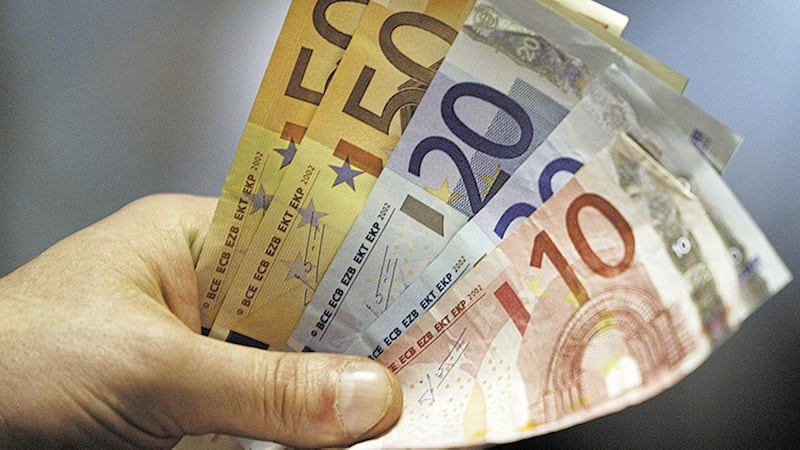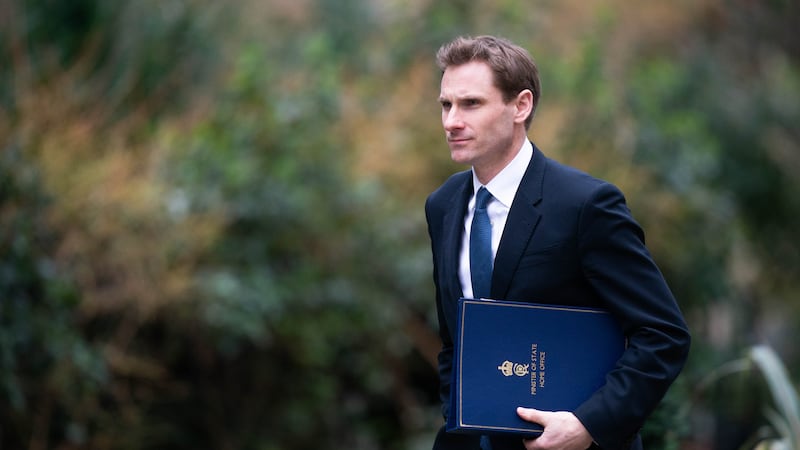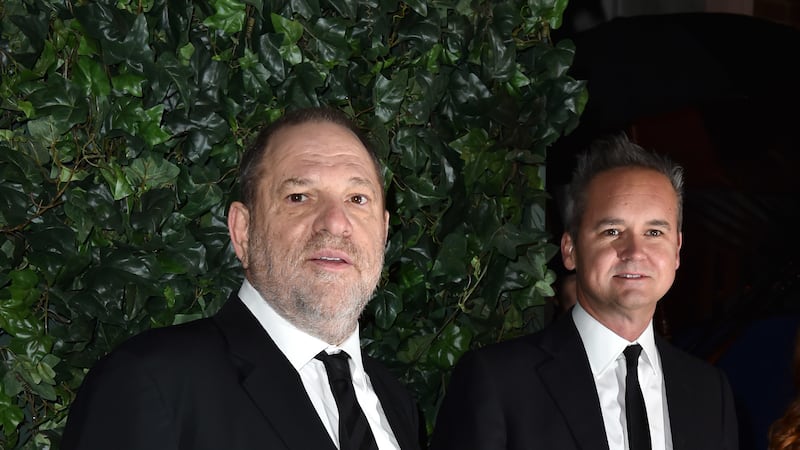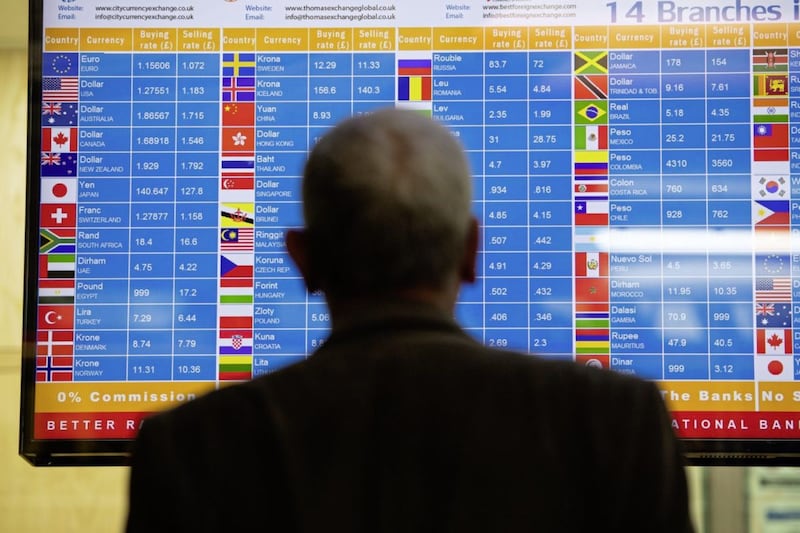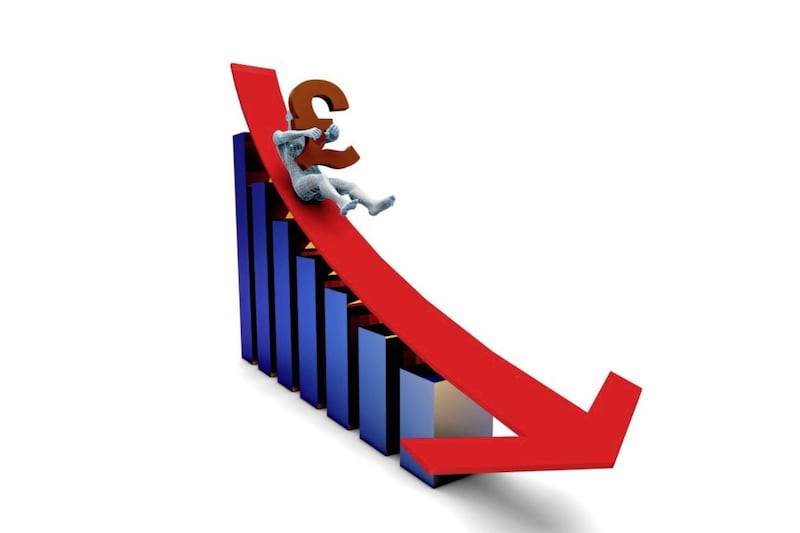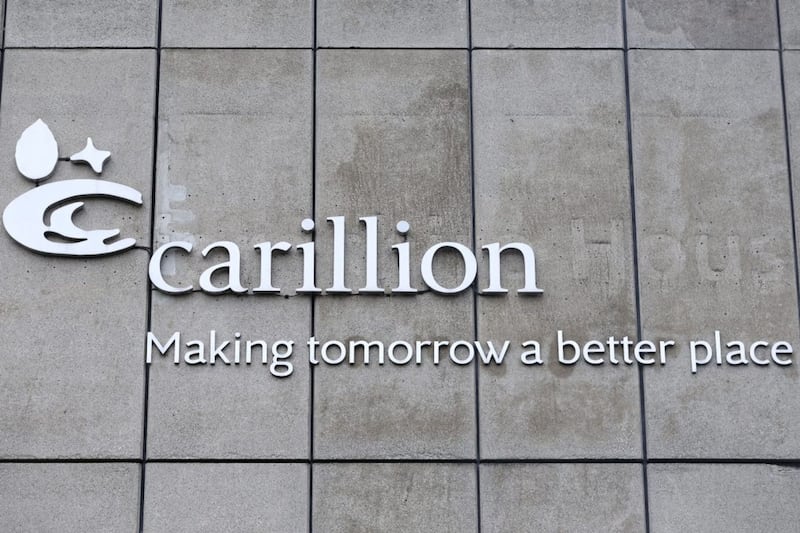THE pound now buys less than a euro in Belfast airports for the first time in almost a decade, as sterling's collapse continues amid Brexit fears.
Yesterday, holidaymakers were being offered just €279 for £300 by International Currency Exchange at Belfast International Airport after the euro pushed through the 93p barrier against sterling for the first time since March 2009.
The euro has gained 21.5 per cent since the Brexit vote last June when it was valued at £0.76.
It is on course to climb to the record level of 95.61p, reached against the pound in December 2008.
Ongoing uncertainty over Brexit negotiations, coupled with increased investor confidence in the Eurozone currency, has seen the euro surge as sterling declines.
The exchange rate fall will hit travellers to EU countries in the pocket, with less holiday money to spend and a corresponding real-terms rise in the cost of food, drink and souvenirs while abroad.
Data published yesterday by the Republic's government suggests it is already seeing the effects of a weaker pound - even before the latest low.
Between January and July, the number of British tourists dropped to two million, down from 2.2 million in the same period last year, amounting to a 6.2 per cent decrease.
Increased holiday costs for British travellers have been blamed for making the Republic more expensive to visit.
Tim Fenn, chief executive of the Irish Hotels Federation, said he was "concerned" by the drop in UK visitors.
"Our industry faces significant risks associated with Brexit due to the continued economic uncertainty and the marked fall in the sterling exchange rate, with regional tourism likely to be hit hardest," he said.
Niall Gibbons, chief executive of the Irish tourism board Tourism Ireland, said the "currency challenge for Irish tourism is very real".
"The decline in the value of sterling has made holidays and short breaks here more expensive for British visitors; and economic uncertainty is undoubtedly making British travellers more cautious about their discretionary spending.
"This is (affecting) travel to Ireland."
However, the north's tourism industry is likely receive a boost, with the falling pound making it an increasingly cheap option for visitors from the rest of Europe and more people within the north and Great Britain choosing to `staycation' to save money.
A weak pound will also make Northern Ireland exports cheaper, boosting the manufacturing sector and could lure back southern customers to border stores which saw a boon in 2008.
Sainsbury's Newry store witnessed a sales jump from £500,000 a week to £2.7 million pounds in December 2008.
